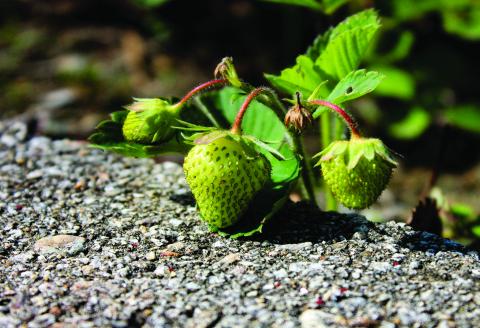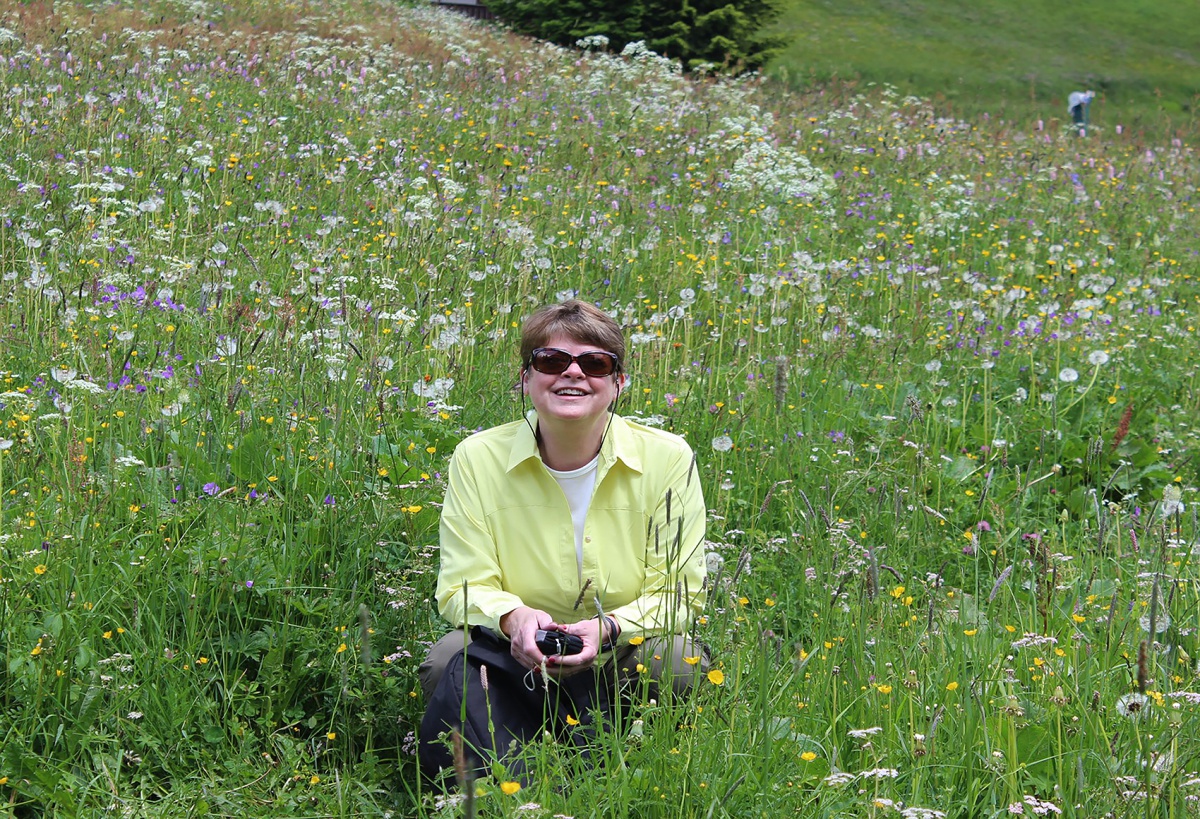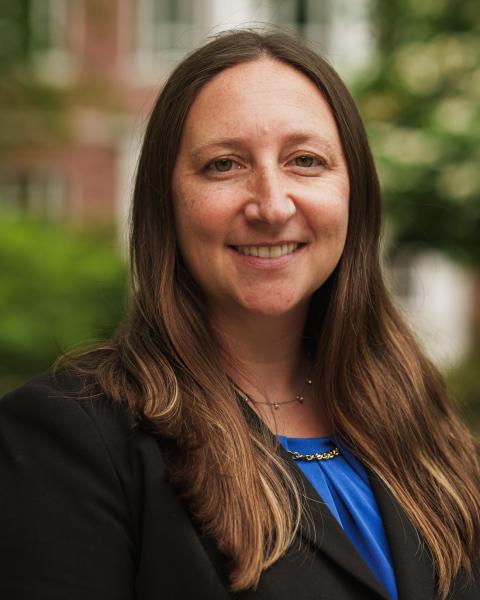With More Time at Home, New Hampshire Residents Grow Victory Gardens

Soldiers were fighting overseas. Farms were stretched to capacity. Food needed to be rationed. During the economic hardships of the First and Second World Wars, American citizens were asked to help their country by planting victory gardens. Millions answered the call by transforming lawns, vacant lots and city rooftops into green spaces.
Fast-forward to 2020 and the pandemic’s stay-at-home order forced many families to think about food in new ways. Disruptions within supply chains, scarcity of specific items, limited shopping trips and more time at home all led to a renewed interest in learning how to grow produce — with many opting to call their plots modern victory gardens.
Starting a backyard garden might sound simple enough, but there are quite a few decisions that need to be made and steps to follow. Would-be gardeners must prepare a site, choose what to plant, decide whether to start by seeds or to purchase seedlings, fertilize, harvest and preserve.
To support this heightened interest, Emma Erler, who serves as the program coordinator for Extension’s Education Center, wrote blog posts covering all these topics along with commonly asked questions like: Are garden soil test kits a good alternative to lab testing? What is the best way to grow potatoes in containers? How do I get rid of flea beetles in my vegetable garden?
Meanwhile, Nate Bernitz — who coordinates the Education Center’s Infoline — continued to field questions from residents about their gardens by email, phone and social media. Erler and Bernitz also teamed up for a Facebook Live video series called Granite State Gardening to address a wide array of topics like plant diseases, pollinators, herbs, compost and greenhouses.
They invited guests from other program areas in Extension to share knowledge about specific aspects such as food safety and nutritious meal preparation. The videos and information were well received. In just four months, the Ask Extension Facebook page gained 1,246 followers, representing a 49% increase. Most videos received 1,000 or 2,000 views. During that same time, the team answered 2,200 questions from home gardeners.
Residents chimed in with questions and shared praise. In response to a post about squash vine borer reports, resident Nichole Hunter commented: “I found and removed several eggs today because of your reminder. We lose our squash every year because I forget to check before they already are showing signs of invasion. So thank you!”
Becoming a Master Gardener at Home
For Sandra Pickering of Hancock, gardening was of interest throughout her years growing up in Texas. “I’ve always believed in taking care of living things. I think it’s so cool to plant things and watch them grow — to be able to taste the difference of when they’re fresh out of the ground versus brought from a grocery store,” she says.
Pickering moved to New Hampshire 15 years ago. After retiring from a career in education and global technology last year, she applied to Extension’s Master Gardener program and had attended three in-person sessions when the state’s stay-at-home order began.

Learning shifted online, under the leadership of coordinator Ruth Smith. “The staff did a fabulous job; they had to be very creative,” Pickering says.
With raised beds, a landscaped yard and solar panels at home, Pickering continued to implement what she learned by way of Zoom lessons to the vegetables and flowers of her own yard.
She also helped create a new presentation for the public about gardening in a changing climate, with specific examples relevant to the region and a few key indicators of climate change she’s noticed.
“Frost dates fluctuate a little bit each growing season; temperatures fluctuate in the winter; we have less snow cover that stays on the ground; we have more ticks in the winter and more invasive insects,” she says.
Pickering will next work on a rain garden restoration project for the Keene Recreation Center. A rain garden, Pickering explains, “is a more natural method of stormwater management. When we have big floods, curbsides fill up with water — rain gardens naturally help absorb that water, so it doesn’t pool.”
She has enjoyed getting to tailor the projects to her interests. “The primary goal of the program is community engagement and education. Everybody has a different approach to how they do that — you can customize it to meet your needs and the community’s needs.”
Learn More About Yards and Gardens
Related Resource(s)
